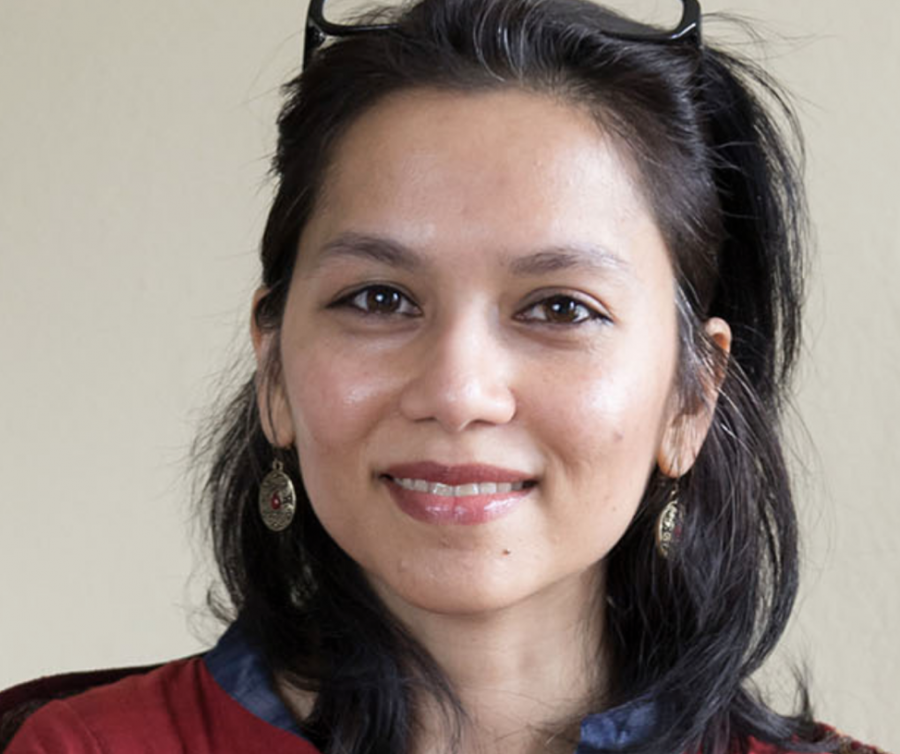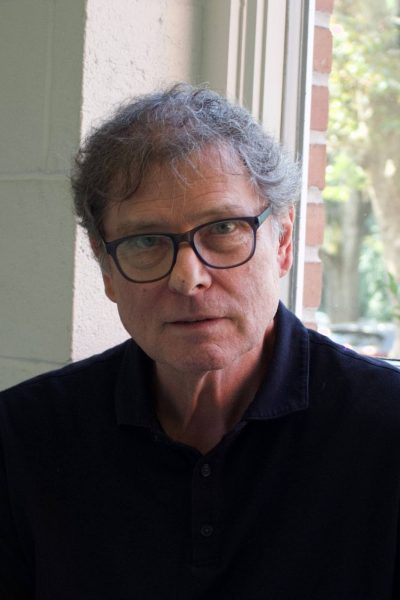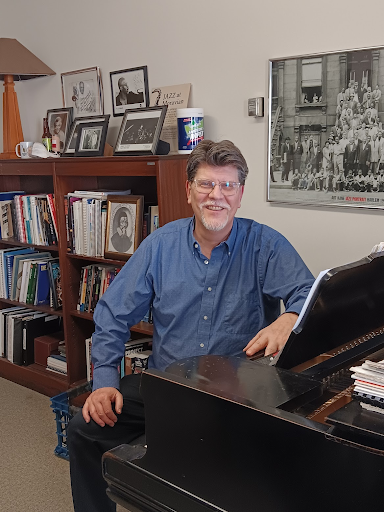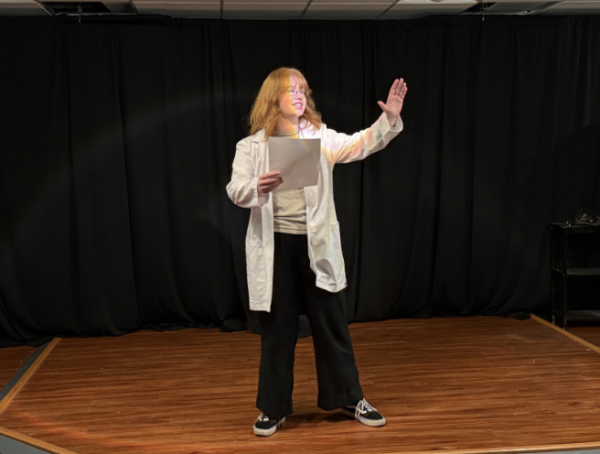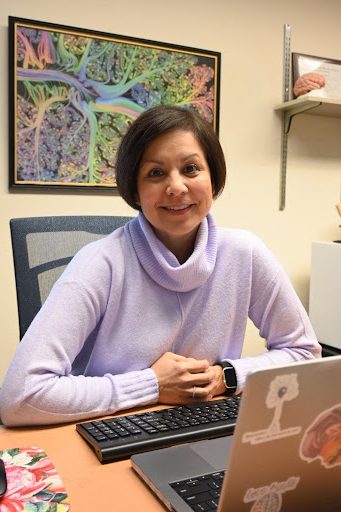Professor Spotlight: Sonia Aziz
Dr. Sonia Aziz
Dr. Sonia Aziz has been working at Moravian since 2008 and is an associate professor of economics. In addition to being a professor, she is co-director of the Poverty & Inequality Center of Investigation on campus. Dr. Aziz earned her bachelor’s and master’s degrees at the University of Texas in Austin and her doctorate at the University of Maine.
What inspired you to go into your field of study?
An outstanding environmental economics professor.
What research are you currently working on?
My most current research involves the socio-economic valuation of tracking cholera using earth observations. The earth observations come from NASA satellite data geared toward improving predictive understanding of processes modulating environmental conditions for survival and potential pathways of cholera bacteria in water. The technology can predict disease outbreak several months in advance and allows us to develop early warning systems geared toward warning the population of impending cholera outbreak. One aspect of the research involves estimating values of avoided damages given an early warning system, and is likely to act as an attractive incentive for policymakers to negotiate with governing institutions for preemptive actions that improve access to safe drinking water.
What else can you tell me about your research with NASA?
This is a good opportunity to explore and study the application of advanced technologies to solve problems in heavily resource-constrained economies at a global level. In the context of the Moravian College community, the research ties particularly toward the college-level initiative, Poverty and Inequality InFocus, but spans all InFocus areas of study in general. For example, in the NASA work, we study clean water scarcity and barriers to access, which ties to the current year’s focus, war, peacebuilding and the just society.
What do you think is the most recent important development in your field of study?
Randomized control trials in development economics provides the pallet for a new research paradigm, one that allows us to estimate revealed preferences with a greater level of precision. It potentially provides us with higher quality primary data than we have ever seen in the field of development economics.
What job would you have if you couldn’t be a professor, regardless of salary and job outcome? Why?
I would like to be a writer/editor for a literary magazine. I enjoy composing thoughts about people going about the business of life in rural villages, cafes, train stations and airports.
What do you know now that you wished you knew when you were in college?
I wished I knew then what I now know about how historians think. I only took what I liked, and skated by with the minimum history requirements in college. I learned later in life how rigorous historical analysis works by spending time with exceptional professors in the history and in the global religions departments here at Moravian.
What is your biggest student pet peeve?
Unstapled work.
What was the last streaming show that you binge-watched or the last good book that you read?
“Court of Owls” by Scott Snyder.
What is something interesting about you that most of people don’t know?
I would have been a literature major had I not pursued math and economics.
What’s your favorite class to teach?
It’s a toss-up between intermediate microeconomics and environmental economics and policy. Environmental economics is my field of expertise, and intermediate microeconomics provides us with appropriate tools to analyze that field. I love the material, and I love teaching it, particularly when students a) realize that they can master many complex problem-solving techniques and b) discover that the methods are beautiful in form and function.


